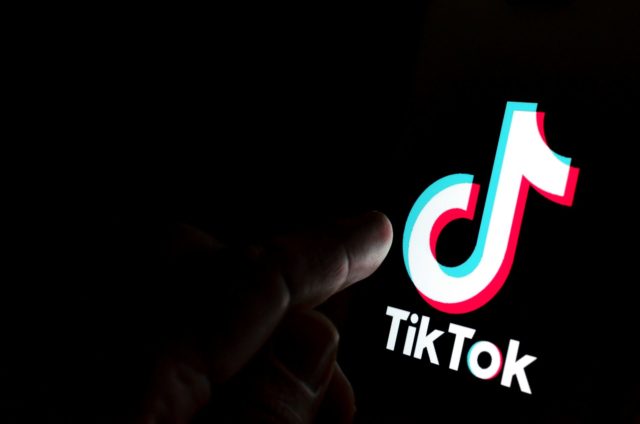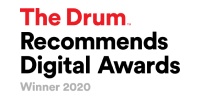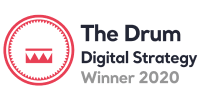Having taken over from Millennials in 2020, Generation Z is the new target market. Growing up surrounded by technology has meant that different marketing tactics need to be put in place; but who are the people of Gen Z that make up 32% of people?
- Defined as anyone born in 1997 and up to between 2012 to 2016 (There’s no definitive end date for this grouping).
- The oldest in this group are now entering the workforce with the Gen Zers from 5 to 24 year olds.
The Bank of America recently claimed that Generation Z is expected to out-earn Millennials by 2031 but the lasting impacts of the pandemic may change this. On the surface, Generation Z may seem to have similar traits to Millennials, but there are subtle differences.
In what ways is Generation Z different?
Having grown up with social media, Gen Z is less likely to be influenced by direct marketing tactics as they have built up immunity by constant exposure to digital.
With the rising awareness of climate change, Gen Z cares more about improving the world than the generations before them. The influence of Gen Z climate change environmentalist Greta Thunberg, is an early indication of the influence Gen Z will have in the near future. Brands looking to court this grouping will need to be environmentally and socially responsible in order to be appeaiing to this market.
Marketing to a younger generation yet to fully enter the workforce is more complex. Having grown-up during a global recession (between 2007-2009), this grouping is perhaps more likely to realise the importance of saving money with many research studies supporting this.
A Unidays Gen Z survey found that whilst millennials are more likely to embrace debt as a part of life, Gen Z is more mindful of it. With 26% of Gen Z college students surveyed expecting to graduate with no debt.
Whilst many will not yet be working, Generation Z already has a significant influence on family spending.
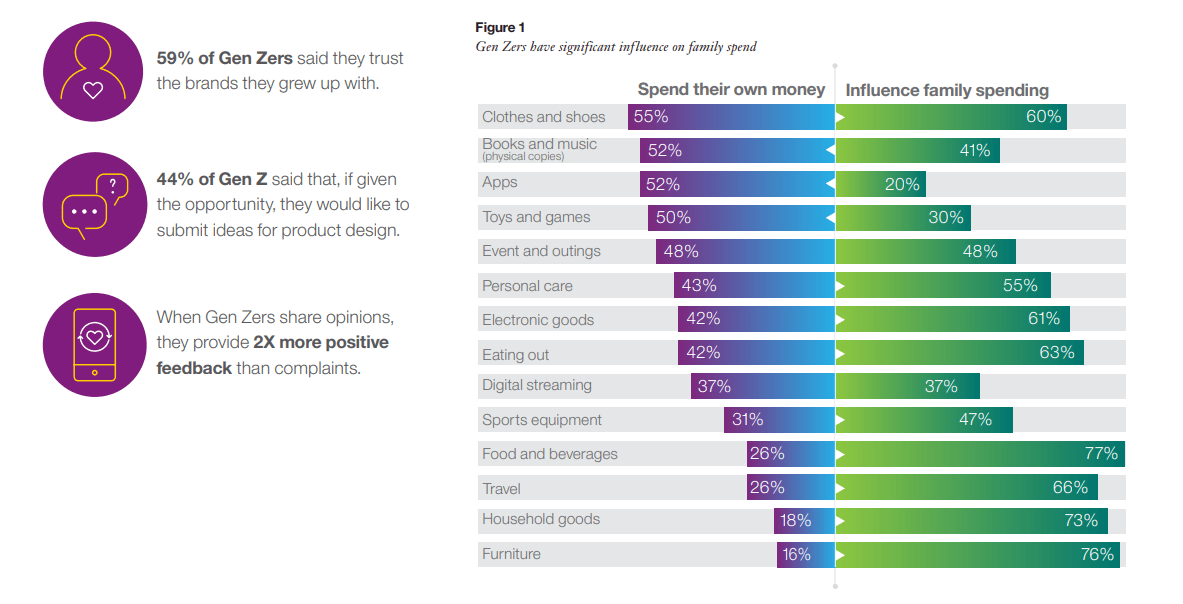
Generation Z’s estimated buying power was estimated to be $143 Billion in 2019, just in the US alone.
How do you market to Gen Z?
It goes without saying that you aren’t going to reach a whole generation with a single marketing message. With generation groupings, there is inherent stereotyping. I would always recommend surveying your audience or using recent articles on the topic to inform your activities.
Technology has made Gen Zers into brand enthusiasts, but they do not stay loyal for long. They are perhaps less likely than other generations to be brand loyal. Companies that are slow to engage or break their promises, will see Gen Z quickly switch to using a competitor.
Successful marketing strategies will need to adapt to how this generation consumes content and their ideological differences.
6 marketing tactics for Gen Z:
1. Create great content and engage with your audience
Gen Zers are more likely to have an affinity with brands that are authentic. The survey results from an IBM report on Gen Z Brand relationships indicated that brands that create opportunities for collaboration and participation, will have more success in converting consumers into brand enthusiasts.
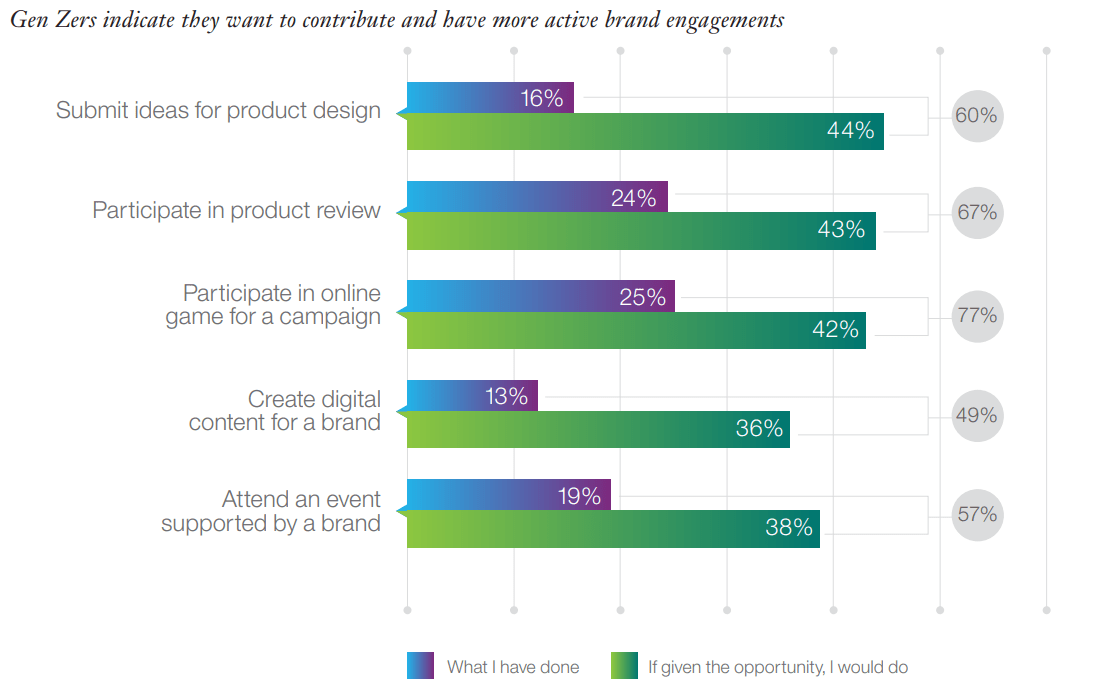
Gen Z is more likely to respond to relatable people featured in marketing campaigns. Using people that share the same beliefs and have the same struggles as Gen Z within your ads and campaigns will achieve better results. Campaigns attempting a direct sale with non-relatable people are not going to succeed.
2. Focus on social media
We know that this generation has been using social media from a young age. Ofcom data on social media usage from 2019 highlights that 70-74% of Gen Z members have had a social media profile since the age of 12.
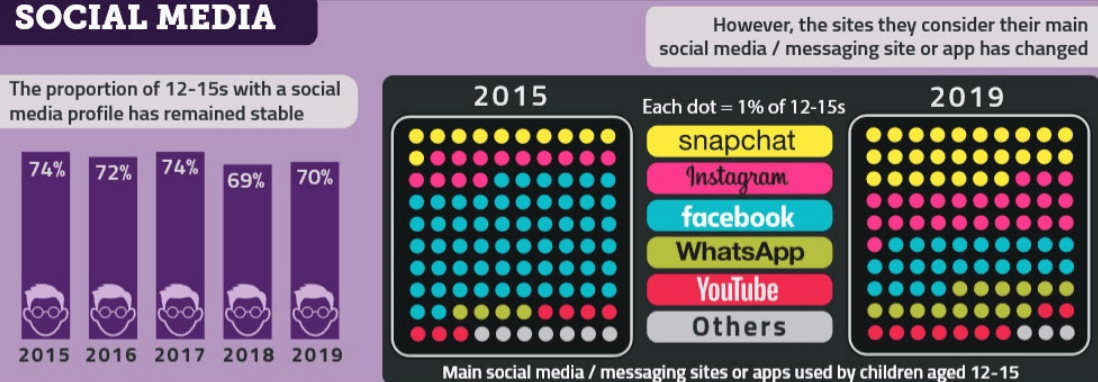
Like Millennials, daily social media usage is high. TikTok usage in 2020 has exploded with much of the viral content created by the 18-25 year audience. TikTok calls itself the “destination for short-form mobile videos.” The video content ranges from 5-60 seconds in length, with TikTok creators having access to a wide choice of filters and effects as well as an extensive music library. Pepsi, Nike, and Universal Pictures are just some of the big names that have jumped on the bandwagon of TikTok’s success.
Understanding which apps and social media channels are most commonly used by this audience and how they consume content is key to success. Whilst Facebook is still relevant, usage is not as high as with Millennials.
The most used social media apps used by Gen Z according to a Statista report in 2020 were:
- TikTok
- Snapchat
- Depop
- Twitch
With the exception of Depop, all of these apps can be reached using organic, social or paid social channels.
Companies looking to engage with Gen Z on TikTok can now reach them using TikTok Ads. Campaigns on this platform should concentrate on creating entertaining, shareable content. TikTok tactics could also involve working with influencers, and posting your content using a branded hashtag. If you are a playful brand, you may even want to participate in one of the numerous TikTok challenges. As of March 2020, 41% of users on TikTok were defined as aged between 16-24.
According to Hootsuite, Instagram is the most popular social platform for brand discovery for Gen Z, with 45% of teens using it to find new products. If you are looking for more data on social media demographics, this Sprout Social post may help.
3. Think video
According to Google, 85% of Gen Z use video when researching products. YouTube is the most frequent platform that Generation Z users go to when seeking entertainment, with much more video content consumed on YouTube than on Netflix. Gen Zers also use YouTube to unwind from the stresses of being a teenager. Google also reported that 7 out of 10 reported that watching YouTube with others helped them to feel more connected.
Brands looking to connect with Gen Z should create entertaining content that helps them to escape the stresses of everyday life. Video content that helps them to prepare for the future may also resonate.
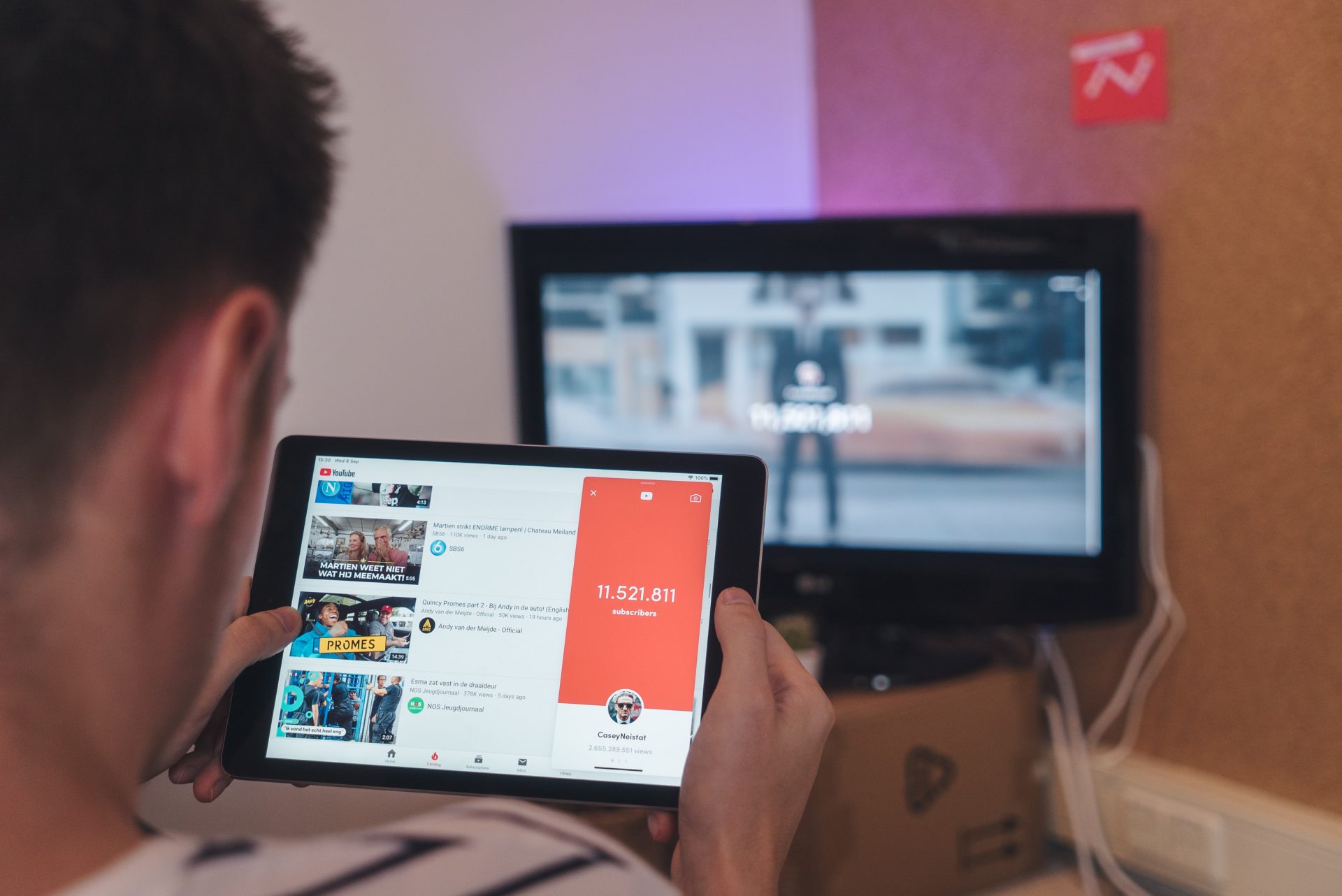
4. Manage your online reputation and reviews
Whilst they still like similar content to Millennials, such as video and blogs, Gen Z expects more from brands, particularly on social media. They will read at least 5 reviews before making a purchase and look at comments on social media. It is important for you to manage your online reviews and respond quickly and courteously to both positive and negative reviews.
5. Use influencers smartly
Gen Z finds the use of influencers to review products acceptable but their constant exposure to digital makes them more aware of fake messaging and content that is not authentic.
For any influencer reviews that you produce, you will have more success if they are honest and transparent, pointing out the pros and cons.
Working with micro-bloggers with followings of between 5000 to 10,0000 is more like to yield results. Not only are bigger Vlogger names more expensive, but their followers may also be less engaged compared to using smaller influencers.
6. Less is more – be succinct
With Millennials quoted as having an attention span of 12 seconds, it is more alarming that Generation Z attention span is shorter at just 8 seconds.
The difference in attention span is down to how they consume information. According to Forbes, Millennials use three screens at once wheres Generation Z attention is divided further by using 5 screens at once.
Conclusion
Marketers looking to reach Generation Z need to tailor their content to suit a new generation of tech savvy consumers. The same content and messaging used to target Millennials will not work as well with Gen Z. Tailor and adapt your strategies to be authentic and enable Gen Z to engage with your brand. It is a battle for attention so your strategy needs to cut through the noise.
We can help you with your marketing strategy so you can effectively reach Generation Z – get in touch today.


